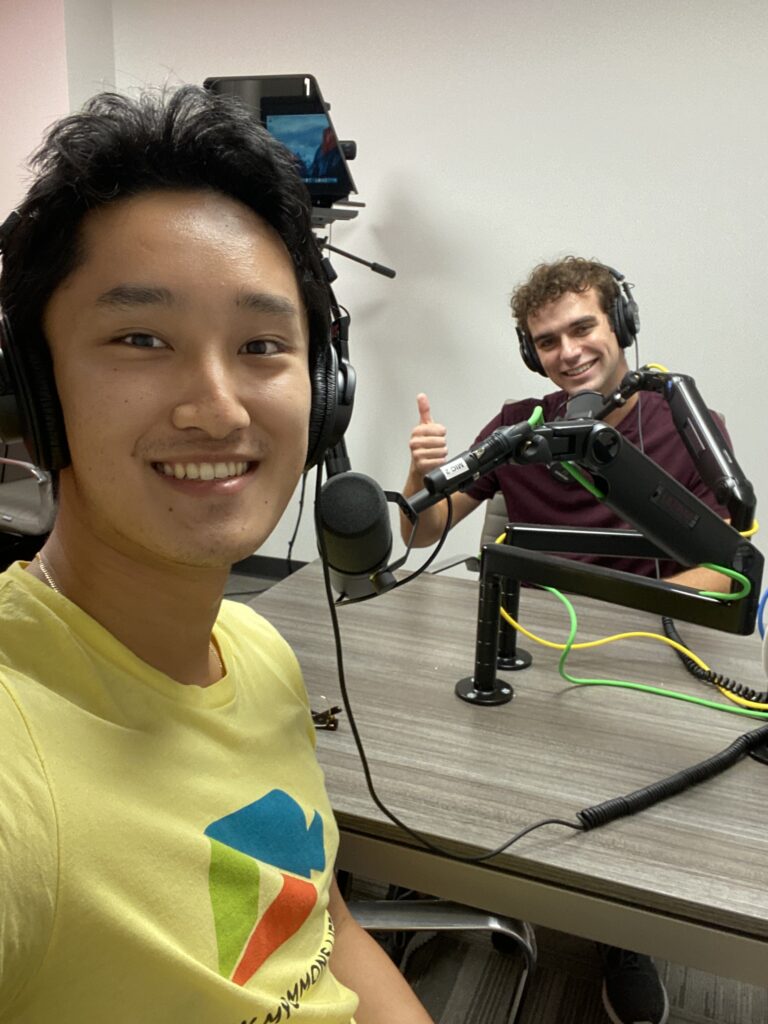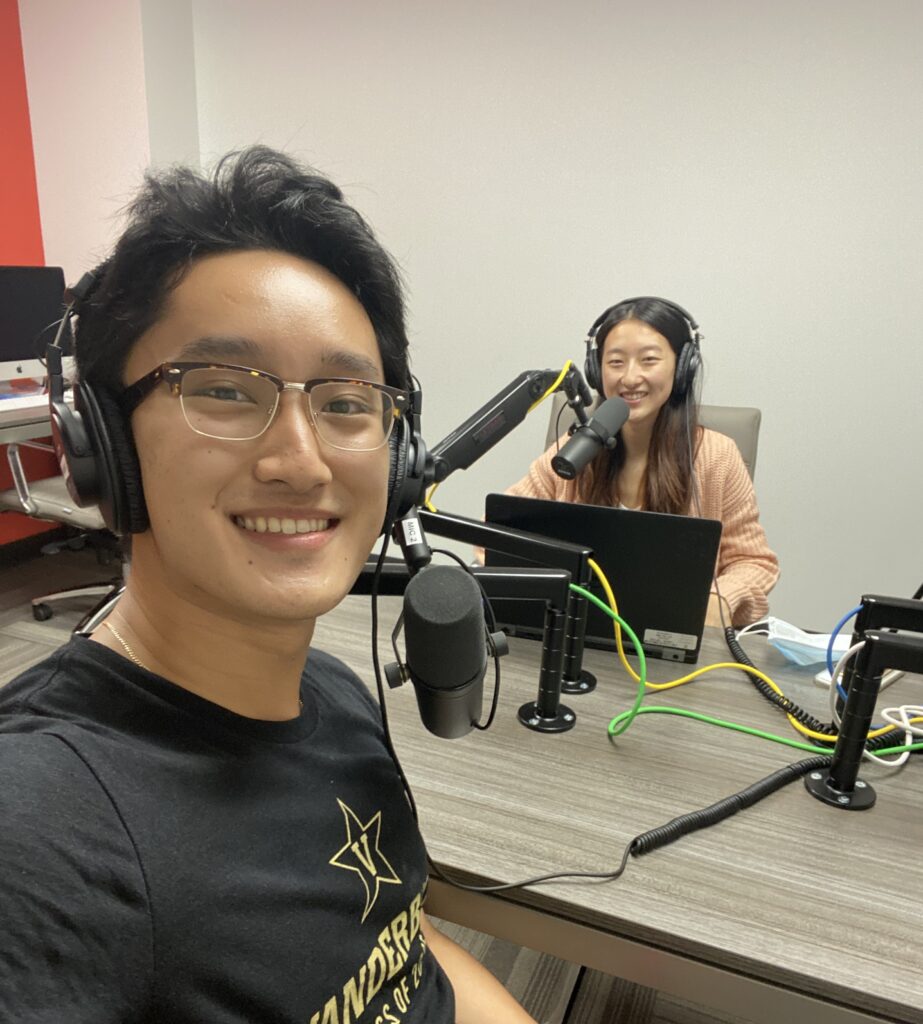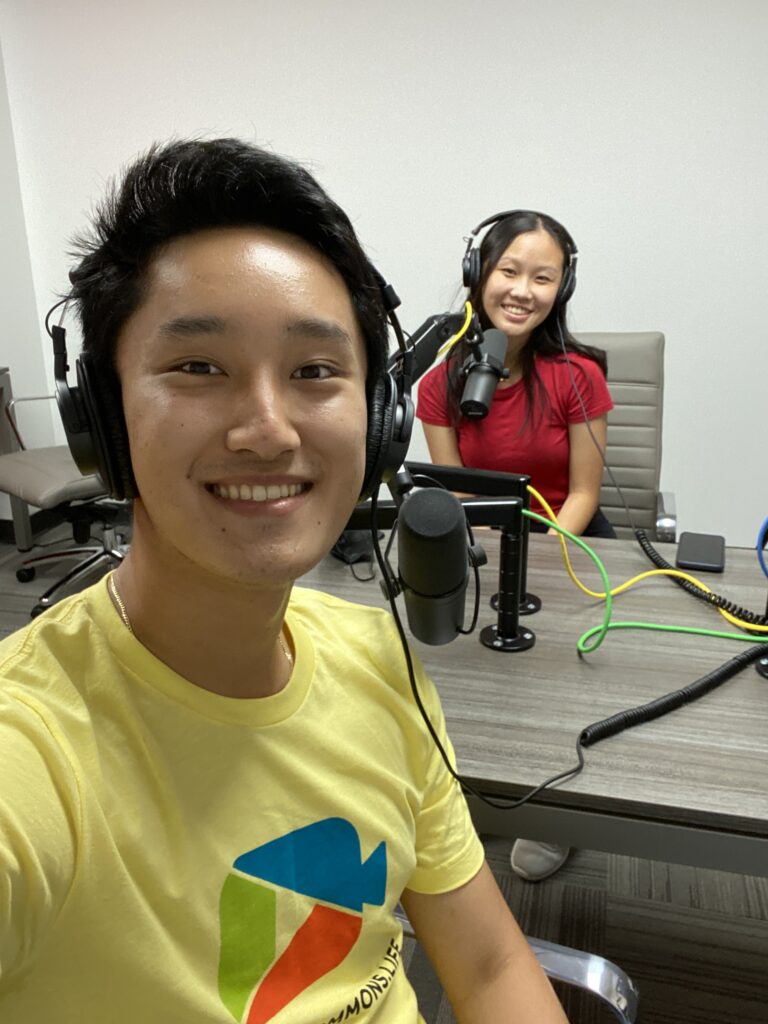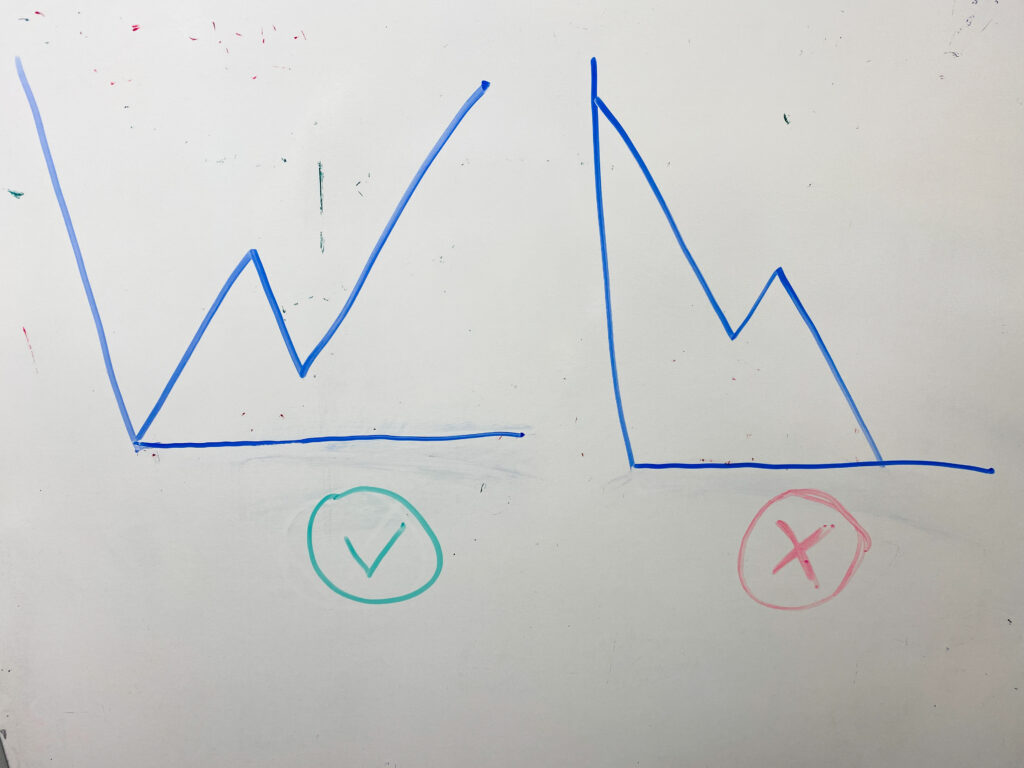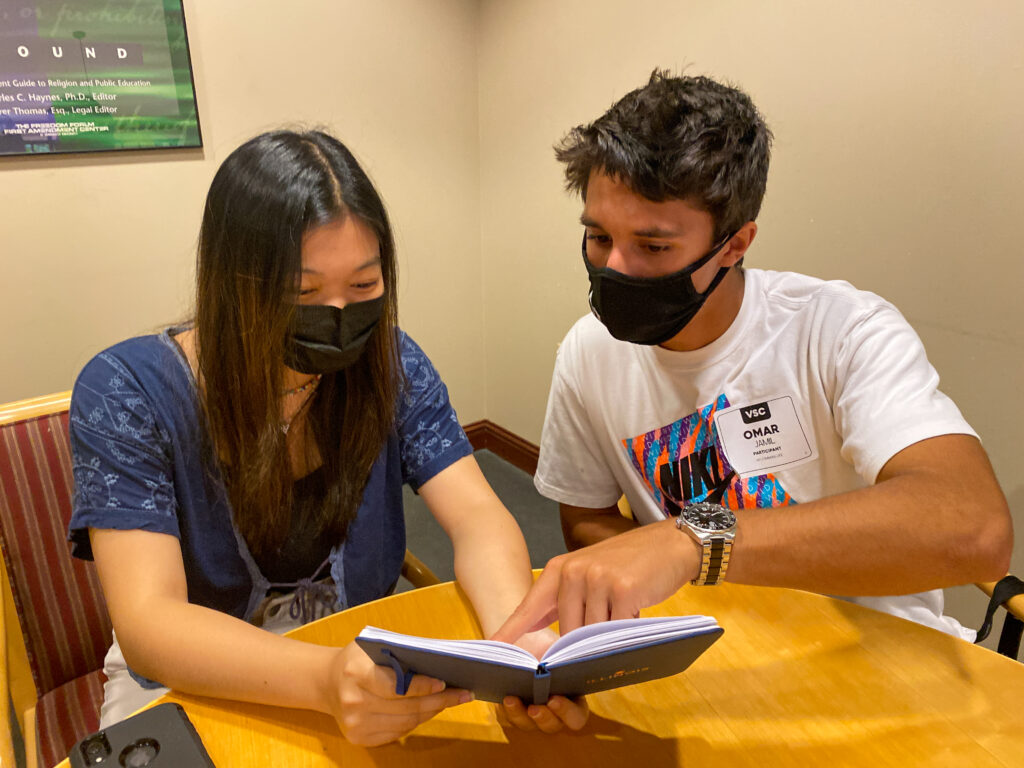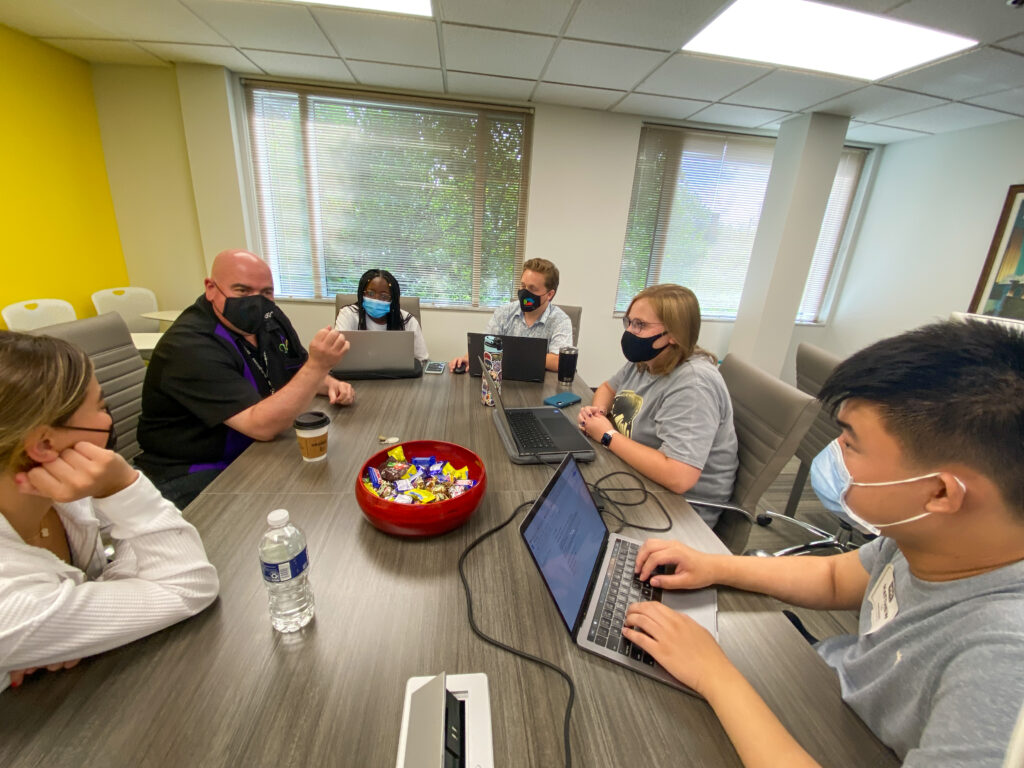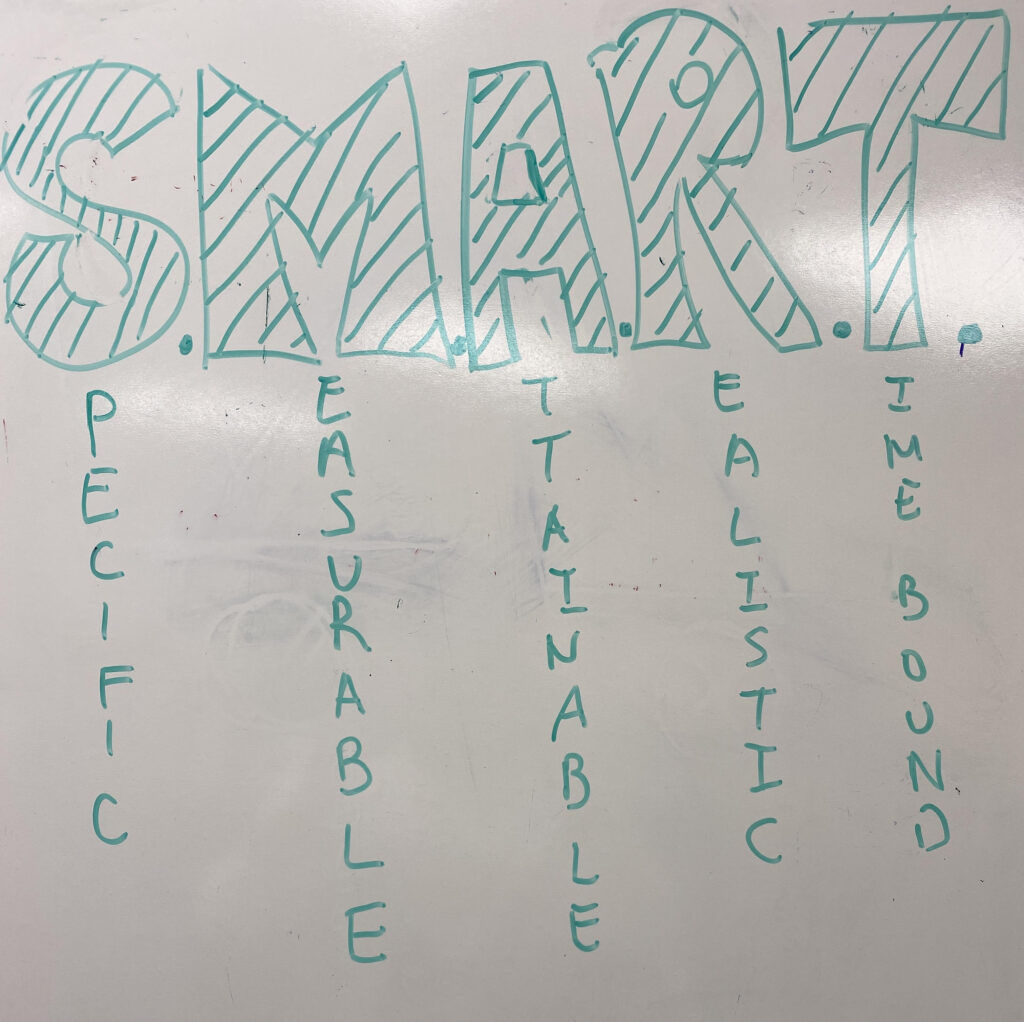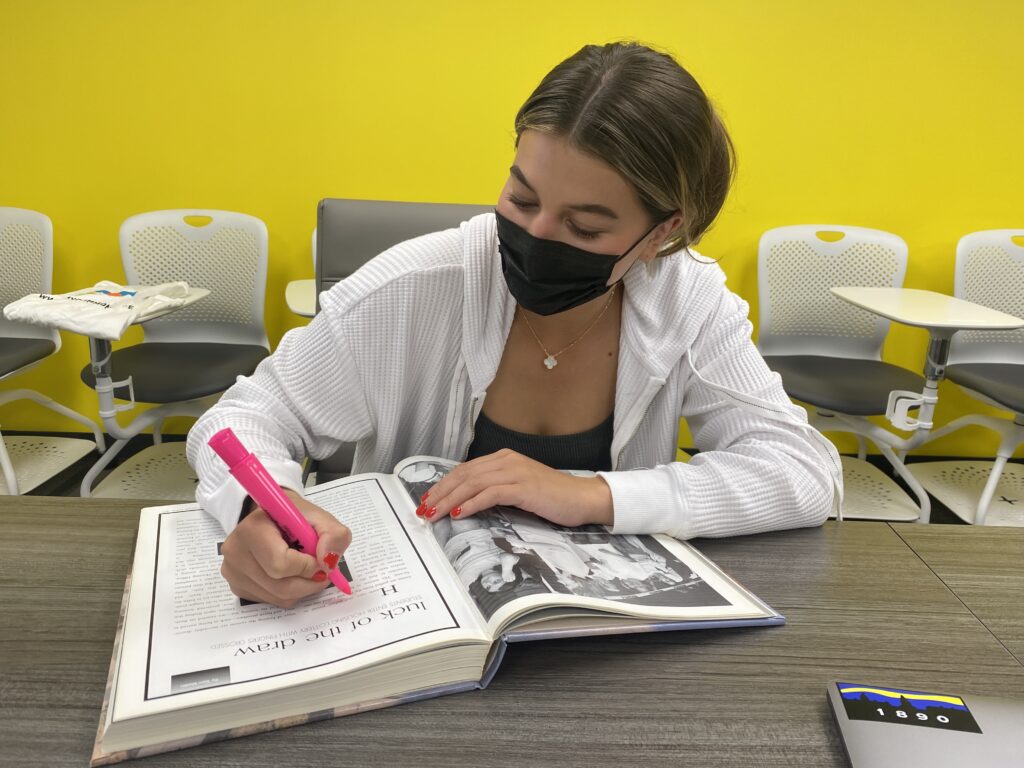On this pre-Fall Break edition of the podcast Dean Gresalfi discusses the importance of taking a break and getting some rest. Elizabeth delivers the Commons Calendar of events coming up this week, and Richard has a terrific interview with Bryce Keating, a first year from Pittsburgh, Pennsylvania living in Hank and studying Psychology.
